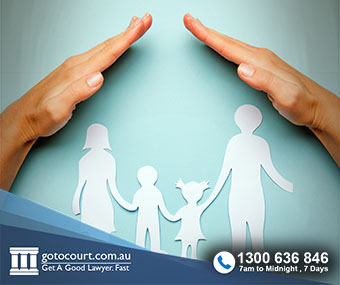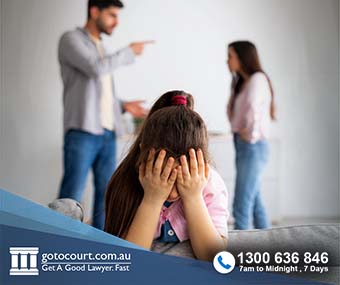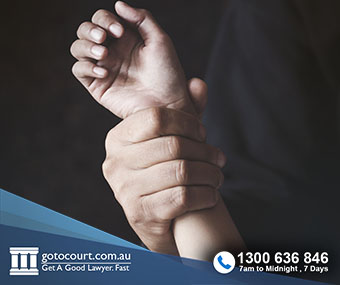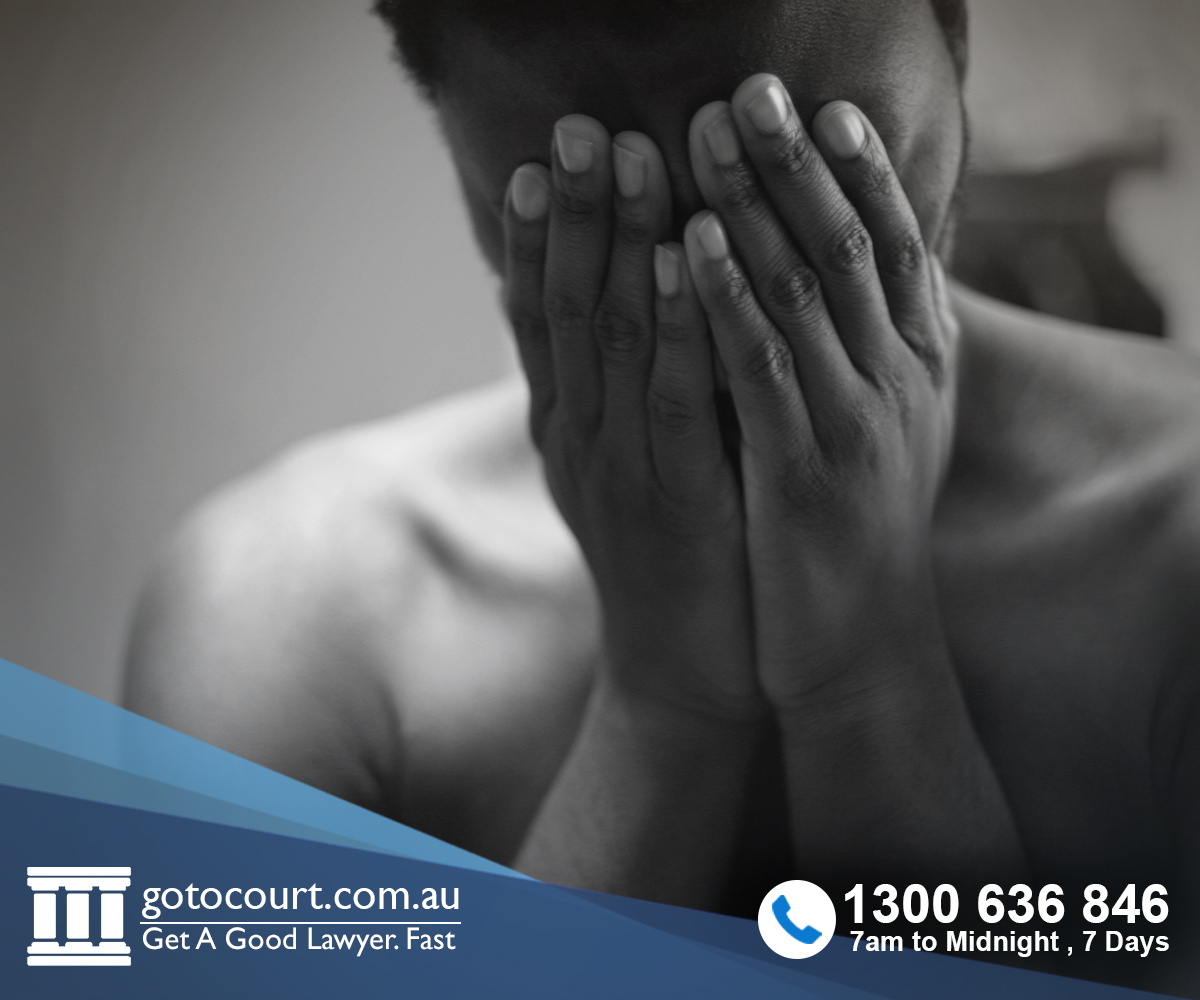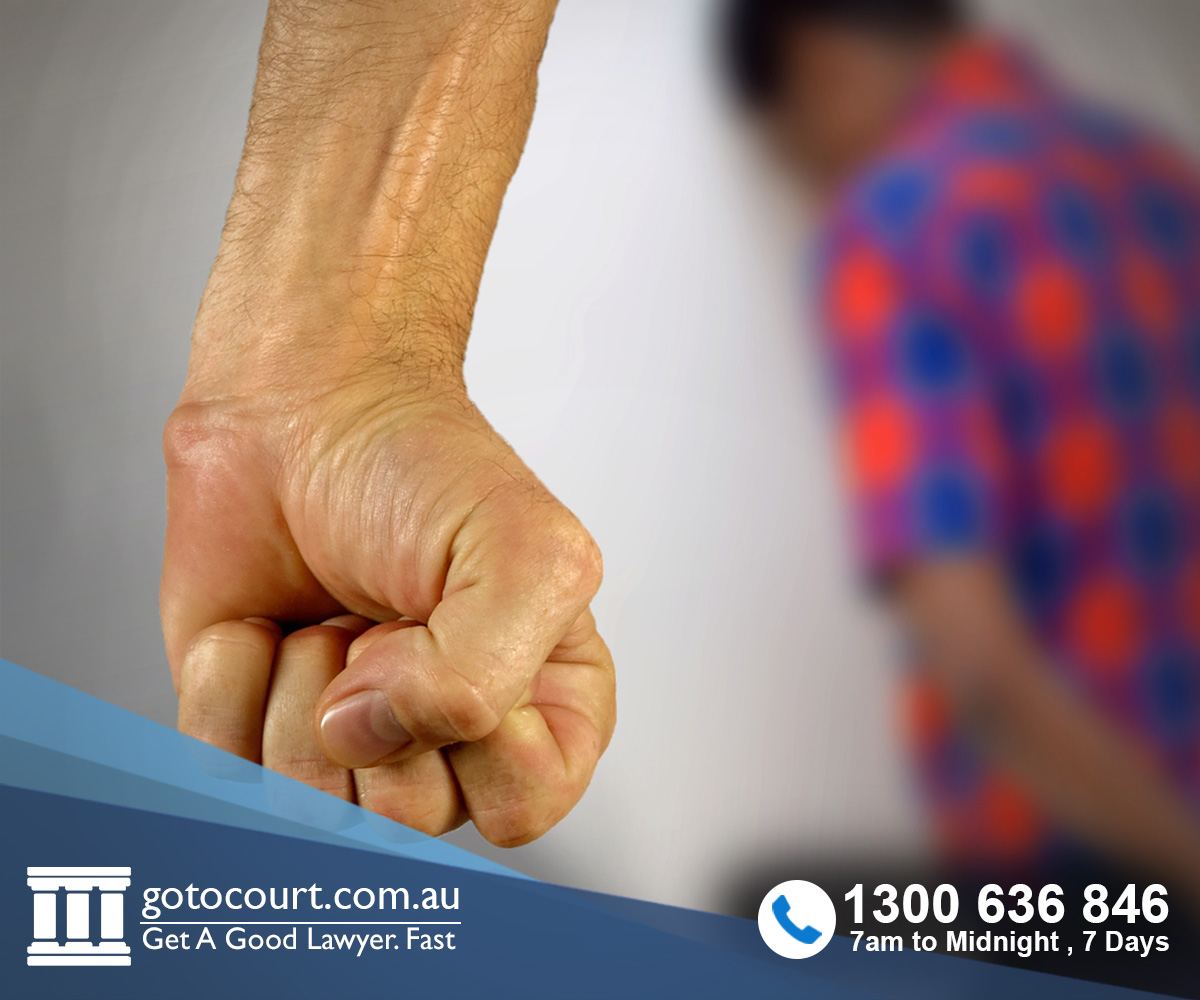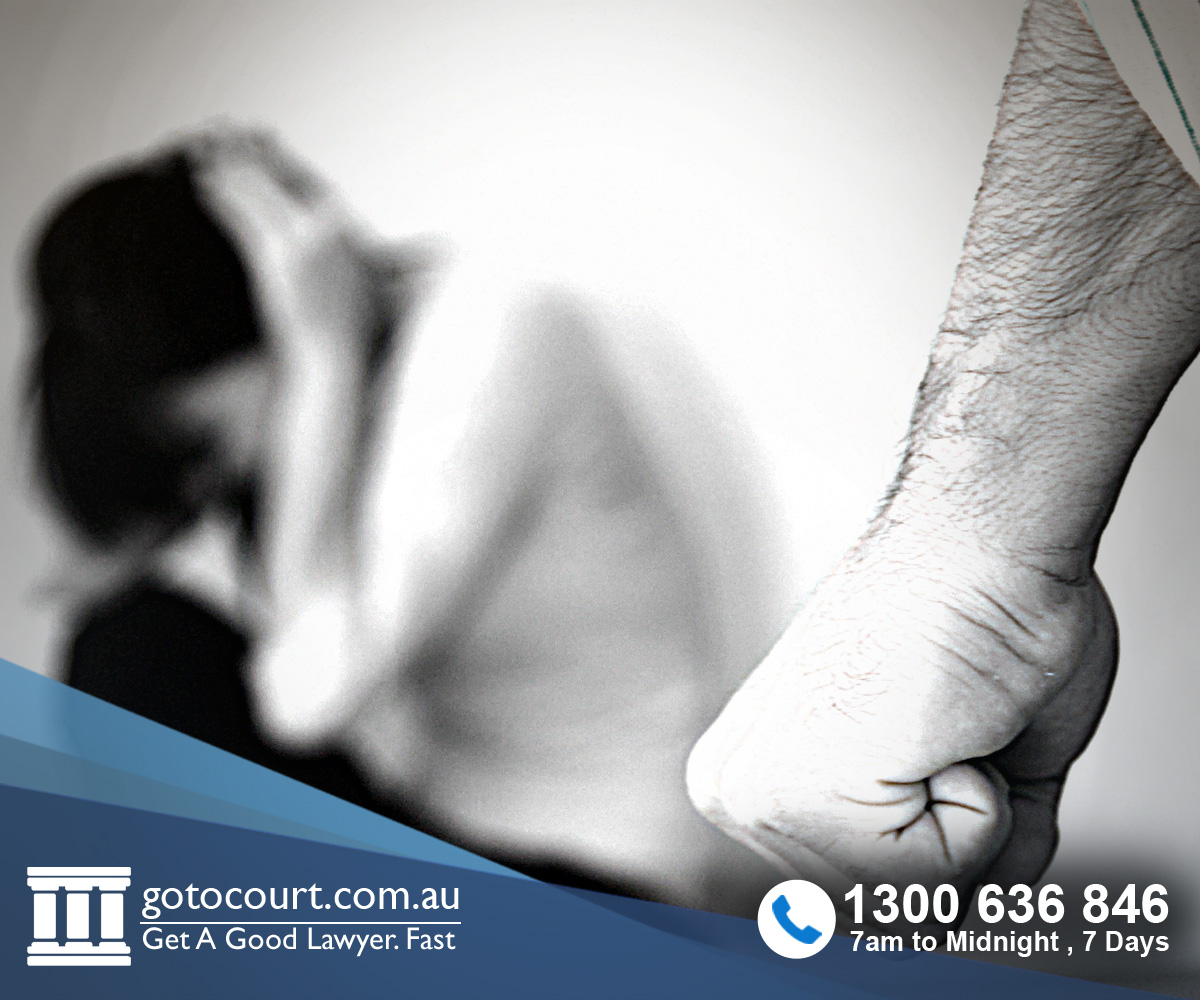What is Domestic Violence? (Qld)
What is Domestic Violence? (Qld)
The statistics on domestic violence are chilling. A 2017 study conducted by the Australian Bureau of Statistics showed that 1 in 4 women in Australia have experienced emotional abuse by a current or former partner since the age of 15. On average, one woman is murdered by a current or former partner every week.
The impact of domestic violence can be devastating. The primary victim is often not the only one who suffers. The leading cause of homelessness for Australian women and their children is domestic and family violence. Seeing a loved one suffer at the hands of a violent or abusive partner is bound to have a massive impact on a victim’s friends and family. When considering the empirical data, it becomes evident that anyone can become the victim of domestic abuse. The Personal Safety Survey conducted by the Australian Bureau of Statistics shows in 2012 that one in three victims of domestic violence victims are men.
So what steps should a person take when they become a victim of domestic violence?
What is the definition of domestic violence?
In Queensland, the Domestic and Family Violence Protection Act 2012 is the primary legislative instrument governing domestic and family violence.
Section 8 of the Act defines ‘domestic violence’ as behaviour in a relevant relationship that:
- is physically or sexually abusive; or
- is emotionally or psychologically abusive; or
- is economically abusive; or
- is threatening; or
- is coercive; or
- in any other way controls or dominates the second person and causes the second person to fear for the second person’s safety or wellbeing or that of someone else
Section 8 further provides examples of domestic violence, such as –
- causing personal injury to a person or threatening to do so;
- coercing a person to engage in sexual activity or attempting to do so;
- damaging a person’s property or threatening to do so;
- depriving a person of the person’s liberty or threatening to do so;
- threatening a person with the death or injury of the person, a child of the person, or someone else;
- threatening to commit suicide or self-harm so as to torment, intimidate or frighten the person to whom the behaviour is directed;
- causing or threatening to cause the death of, or injury to, an animal, whether or not the animal belongs to the person to whom the behaviour is directed, so as to control, dominate or coerce the person;
- unauthorised surveillance of a person;
- unlawfully stalking a person
Domestic violence extends beyond physical abuse. It can include any behaviour that is carried out by one person in a relationship that is likely to make the other person feel inferior, fearful or controlled.
Every day examples of domestic violence include being verbally abused, being controlled financially or being told when you can leave the house.
How can you deal with domestic violence?
Just as domestic violence comes in many forms, there are multiple ways that one can deal with an abusive partner. In addition to the resources made available to victims of domestic abuse, there are steps that a victim can take to protect his or her well-being.
Be aware of the signs
The very first step is recognising the signs that you are a victim of domestic abuse. The signs aren’t always clear, especially when the abuse is not physical in nature. However, the signs often include having your freedom to make your own choices limited by your partner, financial control and/or abuse and lack of privacy (e.g. your partner checking your phone and emails).
Know your rights
Victims are protected by the law. Irrespective of what an abusive partner may try to convince you, the law protects your right to not be exposed to any form of domestic or family abuse.
If you fear domestic violence you can apply for a Domestic Violence Protection Order (DVPO) restraining the offender from hurting you or from contacting you at all. A DVPO can also include your children as protected persons if they have been exposed to or threatened with violence.
If you have been assaulted, you can make a statement to police and ask them to lay charges.
If you have suffered physical or psychological injuries as the result of a violent act, you may be eligible for financial assistance from Victims Assist.
Do not retaliate
It is crucial that the line between assertiveness and aggressiveness never be crossed. An abuser is often aggressive. Victims should maintain assertiveness but should never become aggressive. It’s easy to be manipulated and provoked by an abuser, however victims of domestic violence should always choose to walk away when things get really bad, especially if violence is involved.
Know when to leave
It can be hard to accept but sometimes relationships are broken beyond repair. Studies show that abusers do not respond to compassion by changing. Rather, abusers can only change when they learn how to act with compassion. In many cases, the best thing a victim can do is leave.
Reach out for help
Walking out isn’t always simple. If you need held ending an abusive relationship, there are many resources available to you, including:
- Emergency 000;
- 1800 RESPECT – a 24-hour national sexual assault, family and domestic violence counselling line for anyone who has experienced, or is at risk of, family and domestic violence and/or sexual assault.
- Lifeline – A national charity providing all Australians experiencing a personal crisis with access to 24-hour crisis support and suicide prevention services.
- Men’s Referral Service – Assistance, information and counselling for men who commit family violence.
- Mensline Australia – Supports men and boys dealing with family and relationship difficulties. 24/7 telephone and online support available. Call 1300 789 978;
- Relationships Australia – Support groups and counselling on relationships, and for abusive and abused partners.
If you require legal help with a domestic violence matter or any other legal matter please contact Go To Court Lawyers.

Affordable Lawyers
Our Go To Court Lawyers will assist you in all areas of law. We specialise in providing legal advice urgently – at the time when you need it most. If you need a lawyer right now, today, we can help you – no matter where you are in Australia.How It Works




1. You speak directly to a lawyer
When you call the Go To Court Legal Hotline, you will be connected directly to a lawyer, every time.

2. Get your legal situation assessed
We determine the best way forward in your legal matter, free of charge. If you want to go ahead and book a face-to-face appointment, we will connect you with a specialist in your local area.

3. We arrange everything as needed
If you want to go ahead and book a fact-to-face appointment, we will connect you with a specialist in your local area no matter where you are and even at very short notice.


